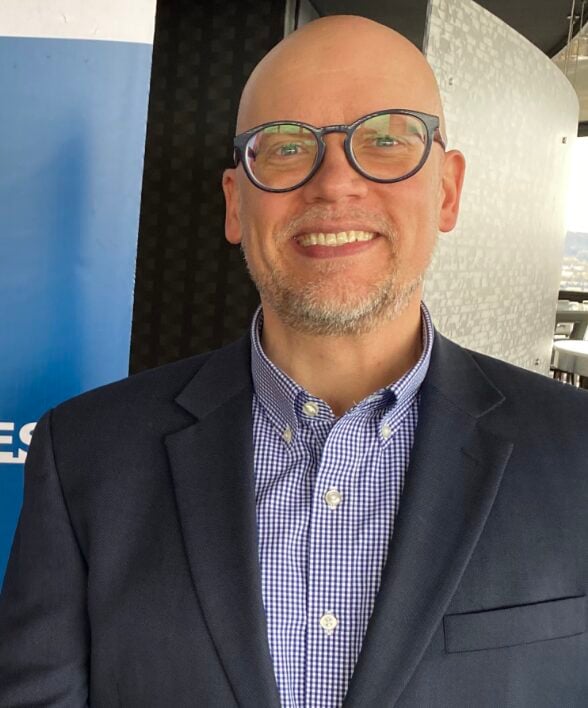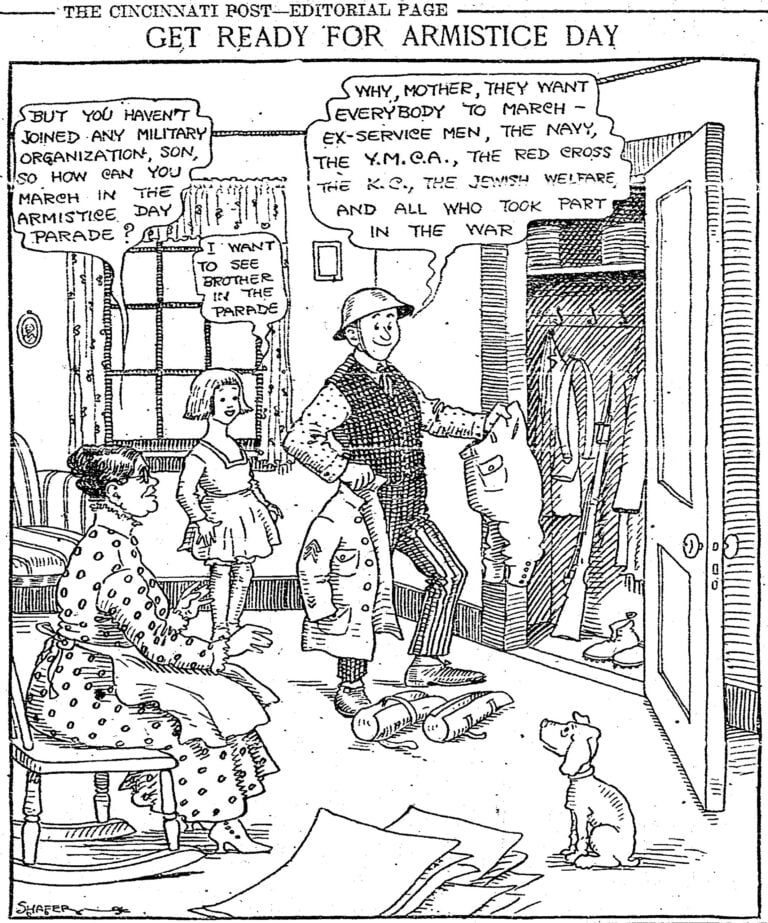By Mike Rutledge
NKyTribune Reporter
The top elected officials of Kenton, Campbell and Boone counties are hoping to create a sort-of mini drug czar position to coordinate a local war on heroin and help the afflicted get help.
As envisioned, the three-county drug policy manager would help coordinate the efforts of judges, county prosecutors, the jailers, and treatment providers.
The coordinator would be tasked with “trying to direct our counties as to the best actions to take, that will have the most impact,” says Kenton County Judge-executive Kris Knochelmann.

But there’s a big stumbling block: Officials are seeking private funding to finance one or two positions – who likely will work for an entity other than one of the three county governments themselves, for governance and cost reasons.
“The counties are actually looking for private funding for this effort,” Campbell County Judge-executive Steve Pendery told the Northern Kentucky Tribune. “Anybody who has any leads on how we can accomplish that, we’re happy to hear from them.”
Knochelmann says heroin is devastating the community and its families to an extent that significant efforts must be taken.
“Everybody knows something needs to be done, and a lot of people are pointing and saying, ‘We’re waiting for someone to do it,’ ” Knochelmann said. “We are us, and we’ve got to make an impact.”
What forms the effort may take are unknown. One thing likely to happen is drug-rehab programs that begin in at least two of the jails and then continue through private agencies after the heroin addicts leave jail.
“It may be just a huge advocacy program. Maybe it’s community education. It may be additional fundraising,” Knochelmann added. “So that’s why we’re pulling people in who are knowledgeable, to help us to do that. We’re just on the edge of pulling a trigger and getting a number of these initiatives done.”
Some might argue that heroin users made bad personal choices and the counties should not take extraordinary steps to help them. Knochelmann counters that the heroin scourge is more like a terrorist attack on local soil that must be defeated for the protection of users and non-users alike.
“Having a coordinated effort among not only the three judges, but also the eight counties in the Area Development District group for Northern Kentucky I think is going to be very critical,” Knochelmann said. “While there’s a lot of effort going out there and a lot of people engaged, it’s going to really require more people, more focus, and more coordination.”
Pendery said substance-abuse programs probably will be housed at the Kenton and Campbell jails: “You need to have separate accommodations for women and men. One of us will have women and the other will have men.”

“We might get them started at the jail, but we always are going to have a hand-off arranged, because we’re not going to be able to keep them for as long as treatment normally runs for,” Pendery added. “So if that’s what’s actually going to happen and that’s what we’re going to do, then we need to have very well-developed information about all the different agencies that are out there – what they do and what their capacity is, because when we reach a release point with somebody we’re going to have to know where to send them.”
There are so few available beds at treatment centers, and so little space in the local jails, Knochelmann notes. Often, the addicts themselves – or their distraught families – are the ones who somehow must find an available treatment program just as they’re on the verge of going to jail.
Knochelmann and Pendery envision “navigators,” who can help judges, prosecutors and families find the best options for the people most likely to respond to rehab.
The judges passing down criminal sentences and prosecutors need to know on a daily basis what rehab options are available for treatment after or during jail time, Pendery notes.
“If we don’t have all that information, how are we going to be successful?” he asks.
Knochelmann on bad choices: “The thing I’ve come full circle on is that there’s a lot of things about personal choice that this has to do with, but the problem we’re dealing with is not just personal choice. Heroin is like if you had a speeder, a guy driving down the street or shooting his guns, you don’t just simply say, ‘Well, I’m going to lock my door and not call 911. It’s somebody else’s choice whether they get hit by a car or not.’ . ..There’s a lot of personal choice in how people live their lives, but this thing is so horrendous and so catastrophic that we cannot simply say, ‘Well, as long as it’s not affecting me immediately, I’ll stay out of it. . .’”
The heroin problem is contributing to jail overcrowding, Pendery said.
“Over half the people in my jail are there because they’ve got some sort of heroin issue – either because they sold to support their habit, or they were in possession and they’re in jail, or they dealt drugs and they’re in jail,” he said. “And it’s really wreaking havoc with the jail because the inmate behavior is much more problematic, now that we have this influx of heroin-afflicted people.
“We need people who we’re going to call navigators who will advise families and folks in need of treatment what there is out there and where to go get it,” Pendery said. “And that needs to happen outside the context of the jail, and also with people who are in it.”
“We don’t want to just do something about it, we want to do the right things – and things that bring about positive results,” he added. “We’ve got the experts, we need to get them organized and move out.”
“We’ve got to get ahead of it so that we can try to stem the tide,” Knochelmann said.” If the counties succeed in creating the drug-fighting positions, “I don’t want anybody to start thinking, ‘Oh, we’re getting the problem under control,’ because it’s not under control yet. That’s the reality.”
******
To offer suggestions about private funding sources, you can call the offices of the judge-executives at these numbers:
Boone – 859-334-2240.
Campbell – 859-292-3838.
Kenton – 859-392-1400.






















” One thing likely to happen is drug-rehab programs that begin in at least two of the jails and then continue through private agencies after the heroin addicts leave jail…”
These are the steps that need to be taken! I pray they can find the appropriate funding. Heroin can take control of a life and wreck it only a few months time. More cities need to adopt policies where the drug rehabilitation begins IN jails, and then is mandated outside of them.
Good luck!